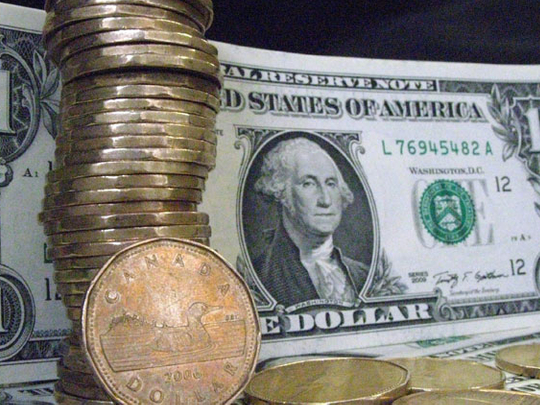
Dubai: Deciding where to put our nest eggs during economically hard times is not easy. Since the economic crisis took hold, stocks, real estate and other asset classes have taken a pounding. Watching other people's fortunes vanish is probably enough to make anyone feel extra cautious.
Even the world's self-made millionaires and wealthiest investors are wary of the prospects for their personal wealth this year. But when it comes to making more money, the rich are almost unanimous in saying property remains a lucrative investment.
According to the Wealth Report 2010 by Citi Private Bank and Knight Frank, an international consultancy, high-networth individuals (HNWIs) around the world still have a fondness for tangible assets, with property accounting for about one-third of their portfolios, the single largest allocation.
Equities are the next most preferred asset, with an allocation of 24 per cent, while cash and bonds are the third and fourth most popular investments at 17 per cent and 13 per cent, respectively. Although many consider it the safest haven, gold claims almost zero or only a 0.5 per cent share of millionaires' portfolios.
"It is clear that the wealthy still see property as a vital part of their investment portfolios and feel comfortable investing in it," a press statement quotes David Poole, head of Citi Private Bank, UK, as saying.
Analysts say the same sentiment is shared by the majority of investors in the UAE, but this doesn't mean that cash-rich buyers are again snapping up the region's properties. Industry experts, however, say that things are looking good in the local market.
The recession has wiped out the fortunes of several investors around the world, causing the population of HNWIs to drop 14.9 per cent in 2009 from a year before, according to the 13th World Wealth Report by Merrill Lynch Global Wealth Management and Capgemini.
The number of super wealthy, called ultra-HNWIs, also declined 24 per cent. In the Middle East, the HNWI population fell 5.9 per cent to 373,600, while their combined wealth dwindled 16.2 per cent to $1.4 trillion (Dh5.14 trillion)
The wealthy's assets continued to erode this year, with the UAE's millionaires dropping two per cent to 21,000, according to the recent wealth report by Citi and Knight Frank (see graphic). Analysts, however, say the number of wealthy investors will recover this year, but will be more cautious where to invest their money.
"The number will recover and move ahead. But if I was selling high-priced motorcars and homes, I would want to do it in the so-called emerging markets. These have emerged so far that China has overtaken Japan in becoming the world's second-largest economy, and overtaken Germany in volume of exports. The world has changed," notes Steve Gregory, director of technical services at Holborn Assets.
The wealth report shows that HNWIs are starting to feel more confident about the future.
"They generally believe that they will be better off at the end of the year than they are now, but there is, however, still a sense of caution," the report states.
A small portion of the wealthy (four per cent) expect their overall net worth to decline this year, while the vast majority (72 per cent) are forecasting a slight increase. Only about five per cent, many of which are from the Middle East, are bullish about growing their fortunes significantly.
Although the overall outlook remains relatively cautious, many wealthy individuals are planning to buy another house this year, with 13 per cent of them eyeing a new primary residence and 37 per cent considering a secondary home. More than half (53 per cent) intend to finance their purchases with extra debt.
When choosing a property to invest in, HNWIs are looking at how they can increase their capital in the long term. In terms of location, the majority of Americans (88 per cent) say they would rather invest in their own country.
However, only a small portion (17 per cent) of the Middle East's wealthy investors are interested in buying properties in the region. The report says this reflects a "lack of investment opportunities within the Middle East, and possibly also concerns arising from the Dubai property slump."












